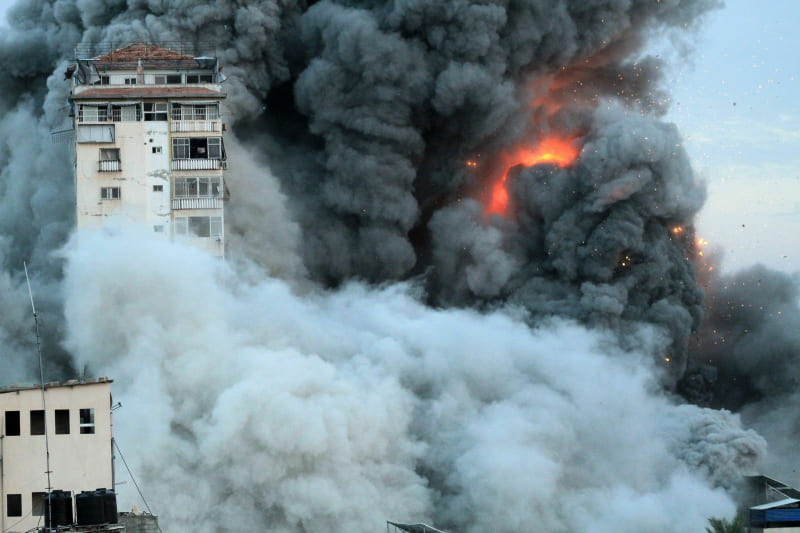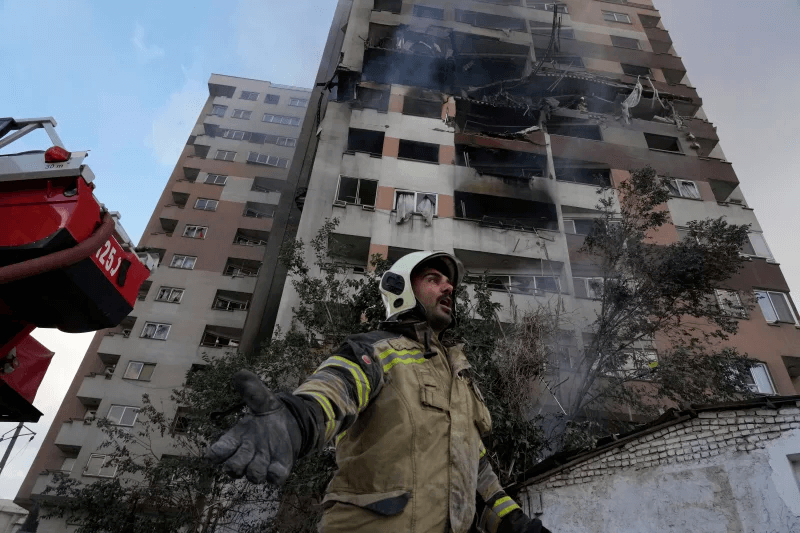
Tensions Rise as US, Egypt, and Qatar Call for Israel-Hamas Ceasefire Talks
The United States, Egypt, and Qatar have jointly urged Israel and Hamas to return to the negotiating table for a ceasefire and hostage-release agreement. In a statement, the three nations announced that they had reached a “framework agreement,” with only the final details left to be resolved.
Israel has confirmed its willingness to send negotiators to the proposed talks, scheduled for August 15 in Doha or Cairo, while Hamas has yet to respond.
This diplomatic initiative is seen as an effort to prevent further regional escalation, following the assassination of Hamas leader Ismail Haniyeh last week, which Iran has blamed on Israel. Although Israel has not officially commented on the assassination, tensions are high.
Starlink Now Operational in Gaza Hospitals Thanks to UAE and Israel
In their joint statement, the US, Egypt, and Qatar called for the talks to resume on August 15, emphasizing the need to finalize the agreement and begin its implementation without delay. The statement, signed by US President Joe Biden, Egyptian President Abdel Fattah el-Sisi, and Qatar’s Emir Sheikh Tamim bin Hamad Al Thani, affirmed the framework’s foundation on principles outlined by President Biden in May, which include a ceasefire and the release of hostages, as endorsed by the UN Security Council.
US Defense Secretary Lloyd Austin reiterated his support for Israel’s defense and the importance of concluding a ceasefire deal that includes the release of hostages during a conversation with Israeli Defense Minister Yoav Gallant.
Despite multiple rounds of negotiations, a ceasefire and hostage-release agreement remains challenging to achieve. While Hamas is pushing for a ceasefire, Israeli Prime Minister Benjamin Netanyahu insists that the conflict can only end with Hamas’ defeat.
On Thursday, Israel continued its airstrikes in Gaza, with reports from Gaza’s Hamas-run civil defense force indicating that two schools were hit, resulting in over 18 deaths. The Israeli military stated that the strikes targeted Hamas command centers.
The talks could face additional challenges with the election of Yahya Sinwar as the new Hamas leader, succeeding Haniyeh. Sinwar, whom Israel holds responsible for the October 7 attacks, is regarded as one of the group’s more hardline figures. In between growing concerns over a potential attack from Iran or its allies, Israel’s security cabinet convened in an underground bunker on Thursday.




